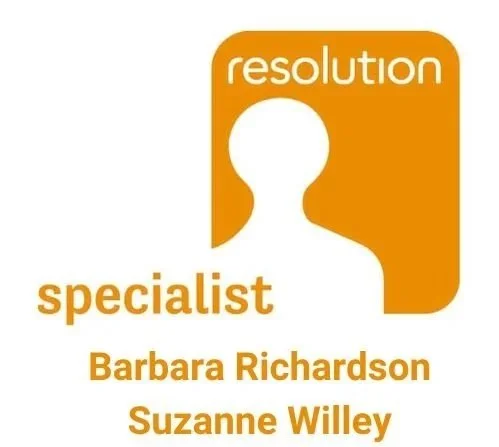Given the wealth of legal forms, resources and templates that are available online today we are seeing an increase in the numbers of people turning to DIY law instead of instructing a professional. From Wills to Lasting Powers of Attorney (LPAs) there are many legal documents that you don’t necessarily have to instruct a solicitor to draft. But is the cost saving worth it?
Why do people do DIY law?
The most obvious reason is to save money. There may also be an element of privacy involved – not sharing personal details of finances etc with a third party – or looking to save time by completing something instantly online. However, as multiple recent cases have shown, there are significant risks to not employing someone with legal training to complete these documents for you – as many are finding out to their cost.
The issues with DIY law
A survey carried out by Solicitors for the Elderly found that DIY documents can end up being more trouble than they are worth, both in terms of cost and effort. The survey found, for example, that for LPAs submitted between 1st August 2015 and 31st August 2016 13,000 ended up with “rejected” status. This meant that the applicants did not have the requisite protections in place and would need to complete the process again, including repeat payment of the fee.
The survey also found that LPAs created without a solicitor carried a greater risk of coercion or fraud and that they may contain mistakes that could be rejected in the future by banks or medical professionals when it came to carrying out their terms. Many people were unable to use their DIY LPAs because of the way they were drafted, leaving them totally unprotected. The survey also established that people often struggled to accurately express their wishes without legal counsel to guide them through the sensitive topic of what happens if incapacity occurs. As a result, LPAs drafted on a DIY basis often simply cannot be used.
It’s not just LPAs…
DIY divorces can also end up being much more time consuming and complex – especially when it comes to the financial arrangements. Many become so impossible that solicitors have to get involved anyway to work through the issues. Wills, too, can carry a lot of risks if done on a DIY basis, in particular:
Poorly planned tax arrangements. If tax hasn’t been factored into a Will, beneficiaries may not receive the intended amounts.
Family disputes are much more likely to arise. Without the influence of an objective third party, disgruntled individuals who have not received what they expected to receive are more likely challenge the contents of the Will.
Individual wishes may be poorly expressed. As a result, when it comes to implementing what is in the Will, the deceased’s wishes may not end up being fulfilled.
Charges and fees. If the process of probate is being handled on a DIY basis this may result in mistakes that lead to charges and fees, for example HMRC can apply penalties where the correct tax has not been paid by an Executor.
When it comes to crucial legal documents there are just too many risks to opt for DIY. Working with a legal professional will ensure that the documents achieve what you intend them to and that arrangements can be kept simple and unambiguous, whatever the situation.










